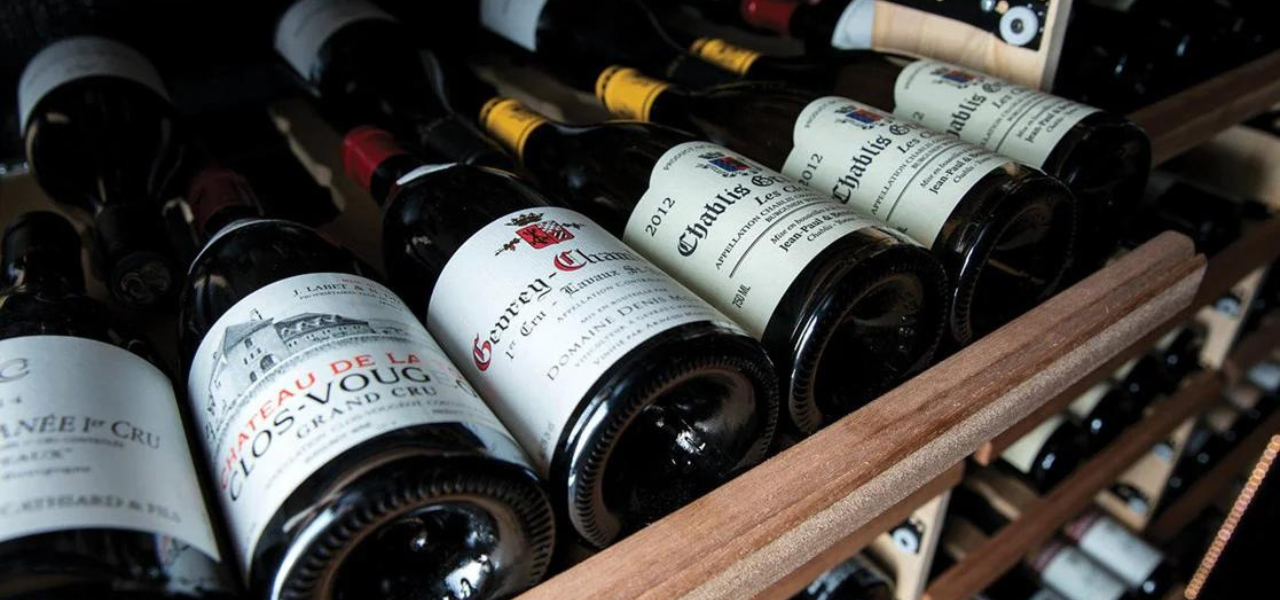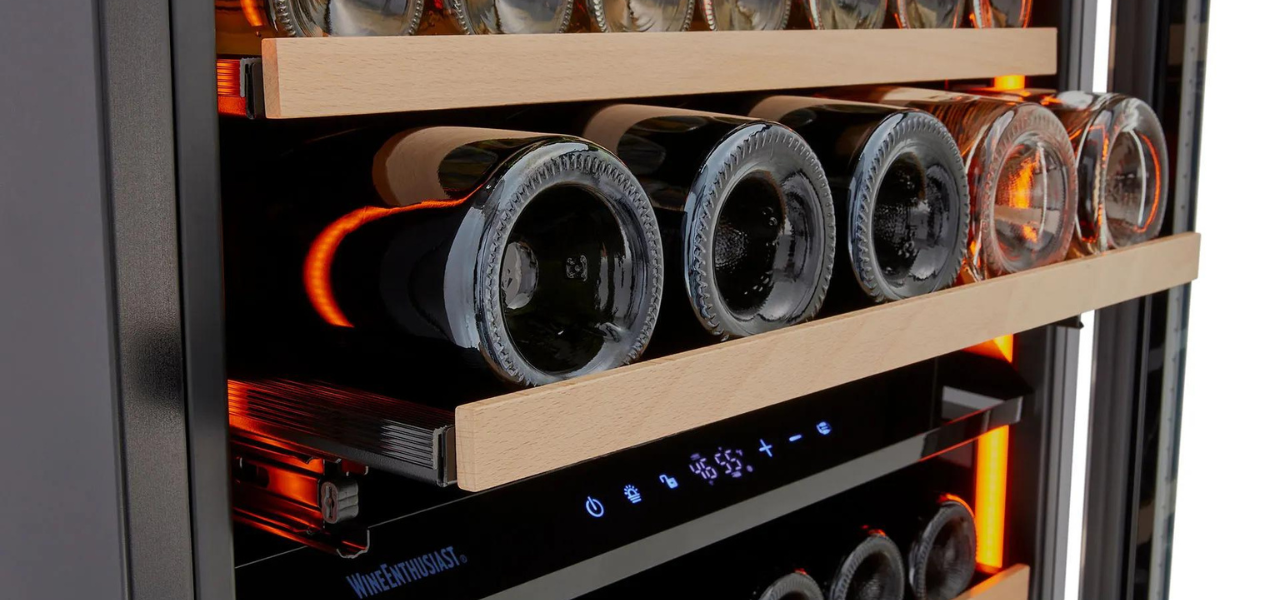February 24, 2024
How to store wine properly

Investing in wine can be a thrilling experience, but it also comes with uncertainties. Will your taste preferences change in the coming years? Will the wine still be enjoyable or will it be ruined by a faulty cork? While some factors are beyond our control, one thing we can influence is the storage conditions of our wine collection.
Proper storage is crucial to ensure that the wine remains in good condition and ages gracefully. Below are the most important factors to consider and some tips to help keep your wines in top condition.
Position:
Wine bottles should be stored horizontally to keep the cork moist and prevent air from entering the bottle. If the cork dries out, it can shrink and allow air to leak in, causing oxidation and spoilage. This is not an issue for screwtops.
Temperature:
Wine should be stored at a consistent temperature between (8-18°C). Too much fluctuation in temperature can cause the cork to expand and contract, leading to oxidation and spoilage. Avoid storing wine in areas that experience extreme heat or cold, such as a garage or a kitchen cupboard.
Humidity:
Wine should also be stored at a consistent humidity level between 50-80%. Too low humidity can dry out the cork, while too high humidity can cause mold and mildew growth. A wine cellar or storage unit with a humidity-control system is ideal, but if you're storing wine at home, place a damp cloth or sponge inside the storage area to maintain humidity levels.

Light:
Wine should be stored in a dark area, as UV rays can damage the flavor and cause premature aging. Avoid storing wine in direct sunlight or under fluorescent or LED lights.
Vibration: Wine should be stored in an area free from excessive vibrations, as this can disturb the sediment in the bottle and affect the flavor. Avoid storing wine near appliances that produce vibrations, such as a washing machine or air conditioner.
Time:
Wine should not be stored indefinitely, as even when stored properly, it will eventually start to degrade. The aging process varies for each type of wine, so it's important to research the ideal aging time for each bottle in your collection.
Wine Fridges:
Not everyone is lucky enough to have a home cellar so investing in a wine fridge is one of the best ways to ensure proper storage of your wine collection at home. A wine fridge is specifically designed to create the ideal environment for wine storage, taking into account factors such as temperature, humidity, light, and vibration.
These wine fridges are equipped with temperature controls that allow you to set and maintain the perfect temperature for your wines, ensuring they age gracefully and develop complex flavors. The consistent temperature control helps prevent fluctuations that can spoil the wine prematurely.
Overall, a wine fridge provides a convenient and reliable storage solution that helps maintain your wine collection in top condition, ensuring that each bottle is preserved and ready to be savored at its best.

Third-party Storage:
With wine fridges and homes often being a limiting factor to starting wine collections, looking for third-party external wine storage can be a viable and affordable option. Frequently with fine wines, you will not want to even think about opening a bottle for 5+ years after purchase so taking delivery of a lot of cases to your home would fill it up unnecessarily. Therefore, we offer storage in our warehouse as a standard feature for our customers where you can buy and own the wine but leave it in our temperature-controlled warehouse. We offer a per case per month storage fee billed automatically each month helping create a cost-efficient solution to storing your purchases. An added benefit is that you won't be tempted to open a bottle before you are meant to.
Stay ahead of the curve. Our newsletter delivers the latest releases, trends, and special offers in the world of fine wine.
Latest releases | Trends & insights | Exclusive deals
